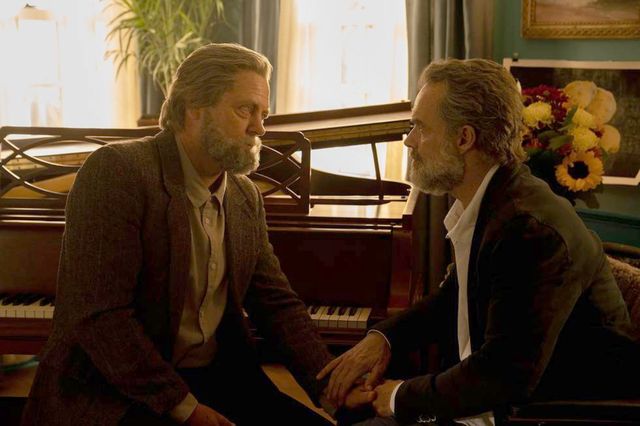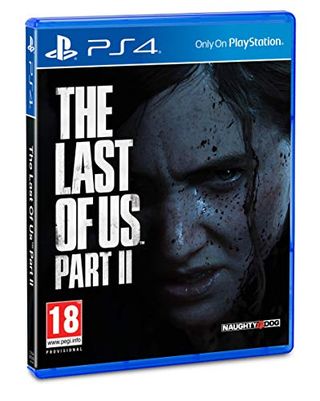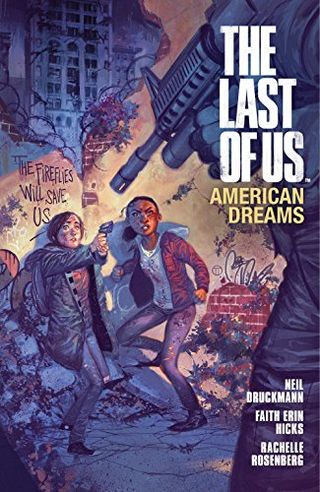The Last of Us episode 3 spoilers follow.
It is a post-apocalyptic world and nobody is safe, but that sure as hell doesn't mean that we'll ever get over mourning the losses of Frank and Bill.
While the chaos and fungus continue to rage, The Last of Us allowed us to take a breather in episode three.
For much of its runtime we were holed up in Bill's safe space, a fortress he had built to keep the world and its many dangers away. But he made an exception for a man named Frank, and we had the honour of a front-row seat as they fell in love and were able to find everyday joys, previously long-lost, in one another.
Sharing home-cooked meals and copious glasses of wine, while painting portraits of each other and tending to their vegetable garden, Bill and Frank's lives together were as close to normal as you were going to get with fungus-fuelled nasties on the loose.
Related: The Last of Us episode 3 is even sadder than you think
It's within the warmth of this relationship that we're given some comfort and solace; like Bill and Frank themselves, we're protected from the reality of what thrives beyond the wire fence. At least for a while, anyway.
Frank and Bill were introduced to us, only to be cruelly taken away by the time we got to the end credits. On paper, the show could be accused of feeding into tired and damaging tropes that have long plagued the LGBTQ+ community on screen.
The deaths of these queer characters undoubtedly further the plot for the show's protagonists; Joel was moved enough by the words in Bill's note that he finally seemed to see the benefits of keeping Ellie safe. And to introduce a central gay romance only to kill both of the characters off? It's classic 'Bury Your Gays'... Or is it?
These are plot devices that have short-changed queer stories time and time again, but we have not been left with that same feeling of frustration this time around (no matter how devastated we are).
In this one hour of television, The Last of Us managed to create something so important and moving that it side-stepped these potential pitfalls. Just with its handling of Sarah's death before it, the HBO series took the opportunity to dig deeper and create a fully-formed love story worthy of its characters.
By dedicating a whole episode (entitled 'Long Long Time') to Bill and Frank, and giving room to really explore the nuances and development of their relationship, their inevitable deaths (a fate already sealed by the source material) don't feel cheap or tokenistic.
Through their story, we are also given more of a glimpse into the role that Tess played in Joel's life before we lost her, under truly gruesome circumstances, one episode before. But far from shifting the focus back to the show's heteronormative relationship at the first opportunity, we instead experience this still within the context of Frank and Bill's complex and yet magnetic dynamic.
Tess is Joel's Frank, the optimist who refuses to let go of all empathy, while Joel is Tess's Bill, the protector who approaches everything with an air of caution and cynicism.
Related: The scariest part about The Last of Us isn't the clickers
In making these narrative decisions, and knowing where to point the camera, The Last of Us has placed just as much importance on its queer characters.
But we're facing up to a mushroom-filled end of the world, and we know that nobody is going to get off lightly no matter how much we are sat here, staring through the window, wanting better for them.
The Last of Us is available on HBO in US. In the UK, The Last of Us is available on Sky Atlantic and streaming service NOW with an Entertainment Membership for just £9.99.






















